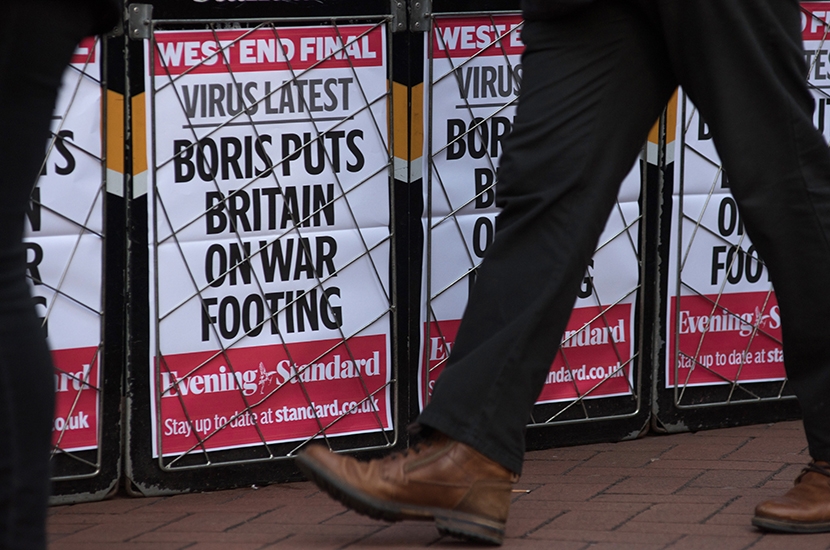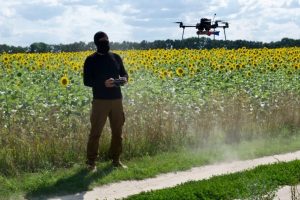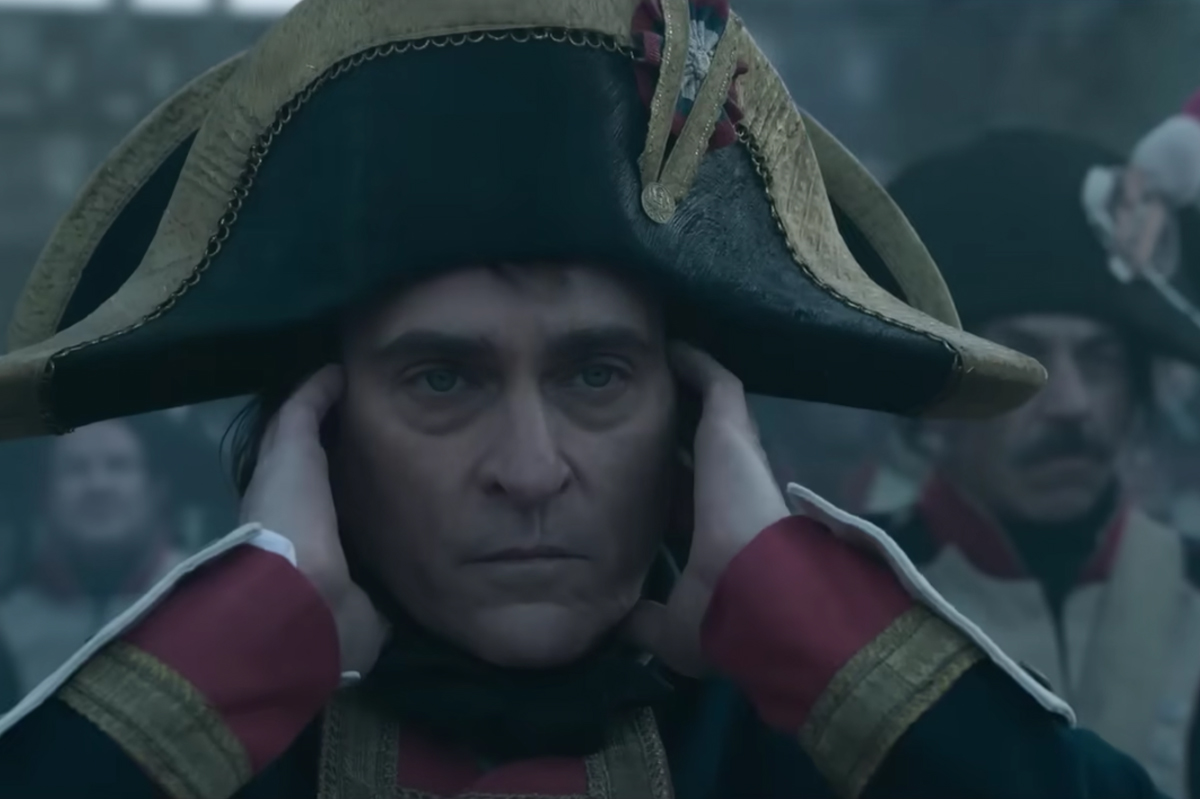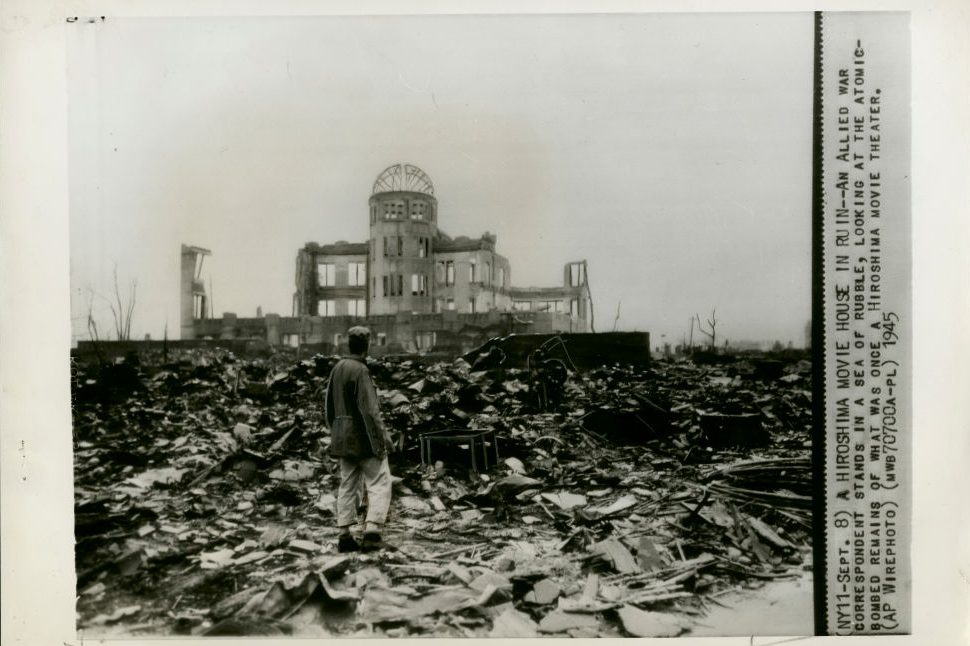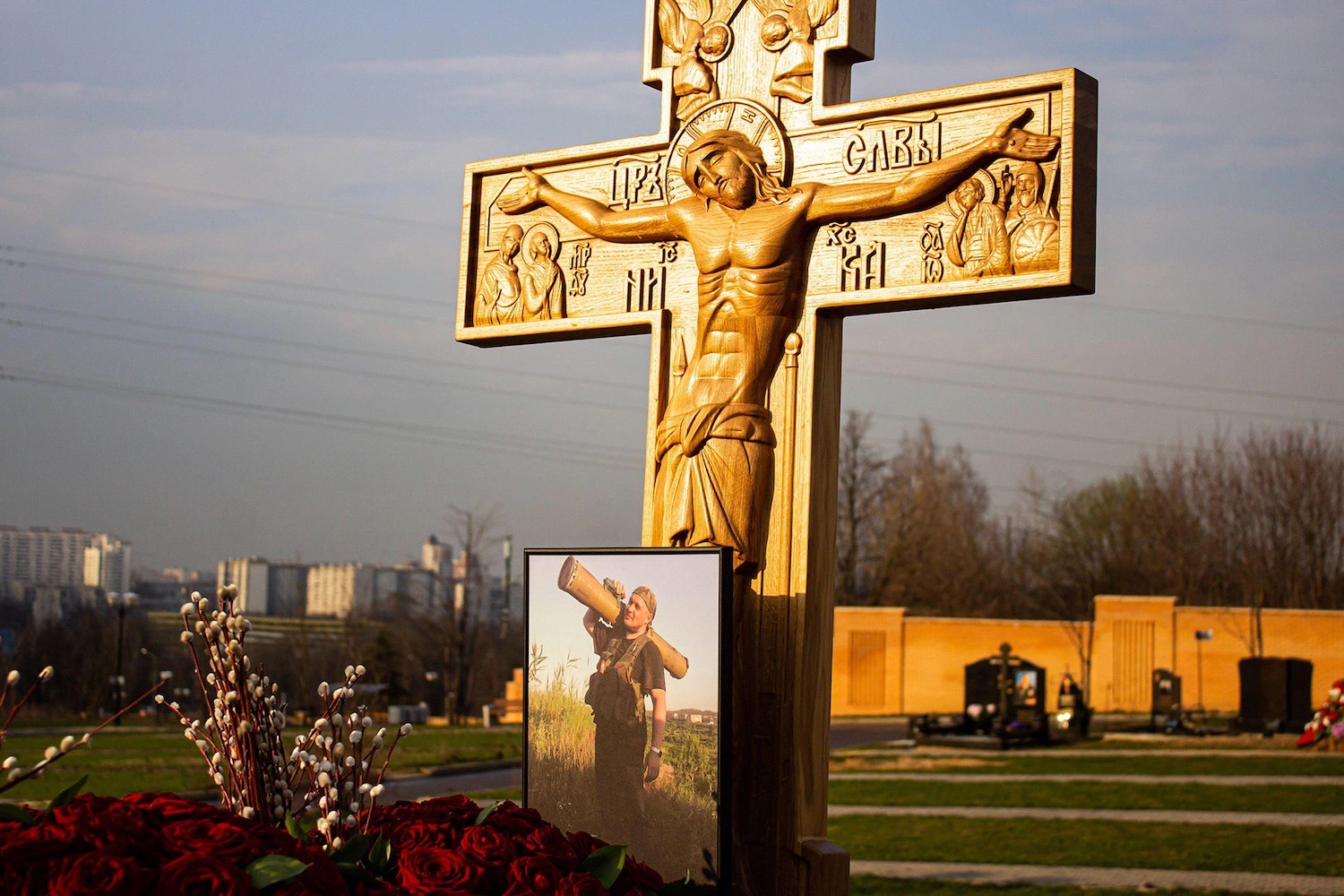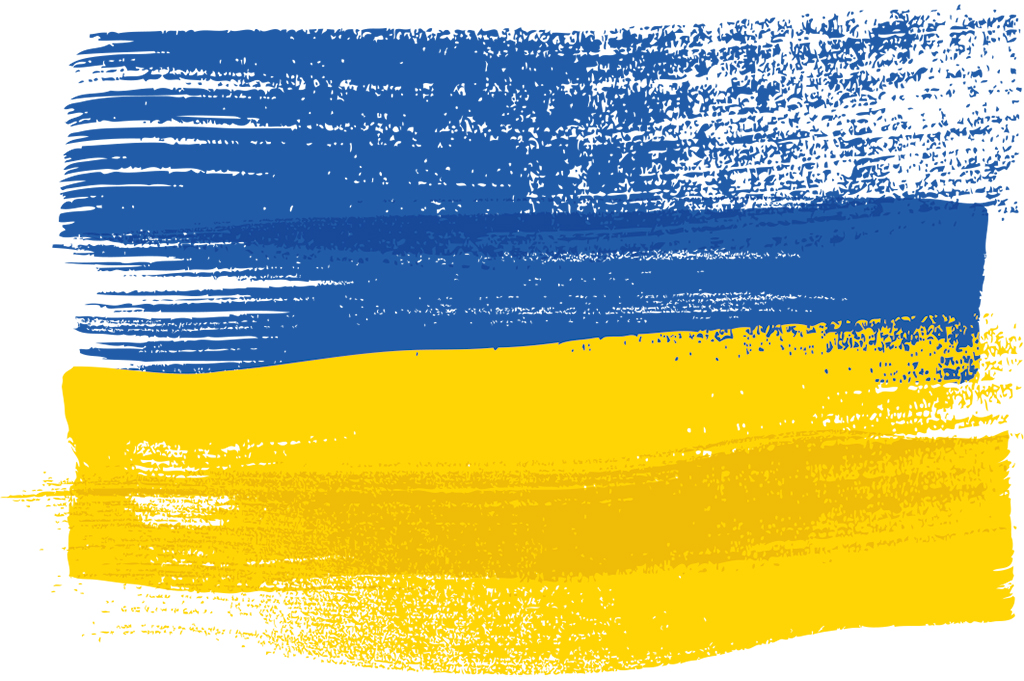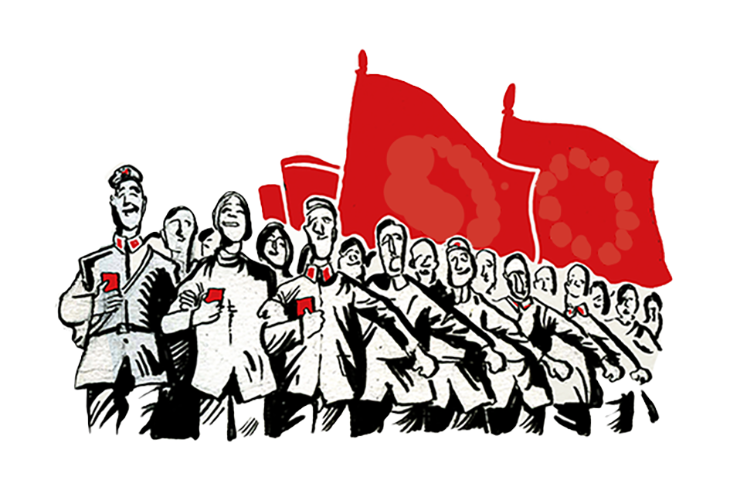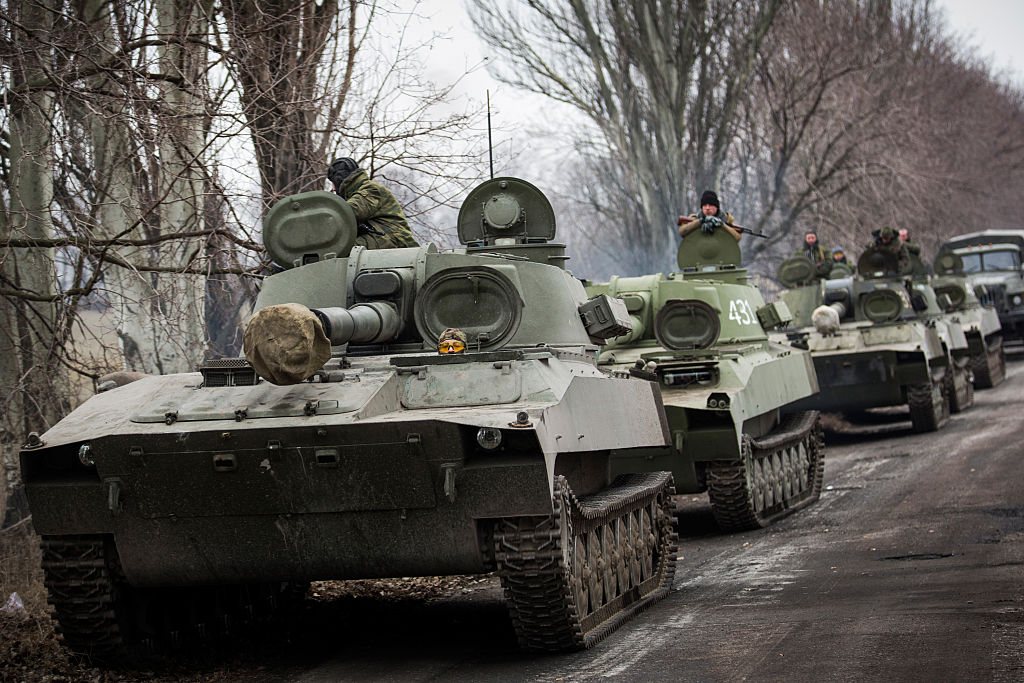‘Shut up — don’t you know there’s a war on?’ Strong hints of that attitude have emerged in recent weeks, and the hints are getting stronger. The attitude is mistaken.
The right answer to any enquiry about whether we know there’s a war on is that there isn’t a war on. Nobody with sensible questions to ask about the current strategy or its implementation should be abashed to ask them. Hitler’s spies are not listening, Lord Haw-Haw will not be broadcasting them, and a grown-up citizenry does not confuse intelligent questioning with unpatriotic breaking of the ranks. No doubt some questions will be misplaced, some will have easy answers and a few may hit home, so courtesy is needed and we must start from the assumption that everybody is doing their best. But critical scrutiny has seldom been more necessary.
Comparisons with World War Two are preposterous. We face no existential threat as a nation. No fascist dictator is trying to take over the planet. Nobody is trying to exterminate an entire race of people. It’s important to remind ourselves that (for instance) ventilators, about which everybody is now talking, are a relatively recent medical advance — and, more generally, that our era is keeping millions more old people alive but in very, very fragile health. With this, inevitably, comes heightened susceptibility.
Every death is a personal tragedy, but figures do matter. It worries me that bald media reports of (say) ‘2,000 deaths so far’ tend to land on the public imagination as might reports of a terrible train crash: like some kind of horrific incident, rather than a shift in the cause of deaths that in many cases were already imminent. My darling mother died last night (as I write this): she was 93 and COVID-19 was not allowed to get her, so other things did. Her passing was peaceful, timely and quick, and if I’m able to avoid descending into mawkishness over the death of some-one who had been the dearest person in the world to me, then I shall dare risk unsentimentality in observing the passing of others too. We need to get this into proportion. Too much time is now chasing too few new facts. One sympathizes with editors and broadcasters — it cannot be easy — but we’re slipping into a general media response that badly needs calming. Politicians and public health authorities are being invited into studios to make statements — ‘Have you anything to tell the nation, sir?’ — rather than answer serious questions. Broadcasters and journalists are filling the air with frightening or moving personal stories which are essentially anecdotal, with little indication of how representative they are.
A friend who is a junior doctor in public sector health answers my texted enquiry with the news that, in the general hospital in the large town where she works, there really isn’t a problem — or not thus far. I’ve yet to hear any health professional interviewed whose story is that they are not facing an avalanche. Is it that such witnesses do not exist, or that they are uninteresting to broadcasters? My doctor friend’s other remark (I simply quote her) was that the arrogance of doctors is becoming insufferable, and years of uncritical adulation of the National Health Service now threaten.
I heard on BBC Radio 4’s Today program a specialist in palliative care say, with a catch in her voice, that she was having to confront patients with a choice whether to die at home or in hospital. I should wish gently to have asked her whether this isn’t a question that often has to be asked in palliative care. She might well have been able to explain, but her remark was left to go unchallenged. I heard a doctor lamenting (probably with reason) the shortage of personal protective equipment, and explaining that sweaty victims of the virus were touching her hospital ‘blues’, yet she had to wear the same blues unchanged for a whole day. But should she change after each patient? Or how often? Again, she may have a good answer; but nobody asked. Last Sunday on BBC Radio 4 I heard a senior medical officer from Scotland tell her interviewer (or appear to) not only that ‘testing’ was not available for those without symptoms, but that it couldn’t or shouldn’t be. What did she mean? I wanted to ask.
Are we perhaps into a realm of broad-casting where generalist presenters are simply unequipped to drill down into the answers they receive from experts? An impression thus arises that all the experts agree, so we laymen needn’t bother our heads with details. But I have the distinct impression that beneath an almost priestly air of consensual expertise, real differences seethe. We do ourselves down by putting the experts on a pedestal, calling it The Science and saying we must obey it. We end up wiping away the doubts and debates that inform the actual science. Shouldn’t we hear professionals debate each other? Should medical and statistical correspondents perhaps do the questioning?
Nor is this want of forensic interviewing restricted to medical science. How is it that a line of some £350 billion ($434 billion) credit has become available to us, when every previous chancellor has insisted we’re skint? Can every country do this? Is there no limit? It’s all very well asking Rishi Sunak what more he’s going to do for the self-employed, but I want to know who’s going to pay the money back, and when?
Finally, this. Estimates of how many may die have swung between half a million and 5,000. Assuming we end up much closer to the latter, the experts will insist (perhaps rightly) that it’s because we took their advice on self-isolation etc. But good scientists know the work of Sir Karl Popper, whose contribution to the philosophy of science was that no scientific hypothesis deserves the name unless capable of being falsified. So what level of fatalities, or what contrary evidence from countries that decided not to wreck their economies, would count as falsifying the assertion that it was the British lockdown that saved us? I simply ask. In due course a science of medicine worthy of the name should be able to answer.
This article was originally published in The Spectator’s UK magazine. Subscribe to the US edition here.



